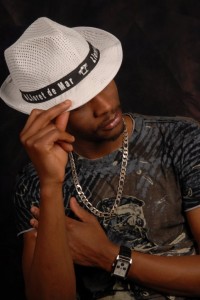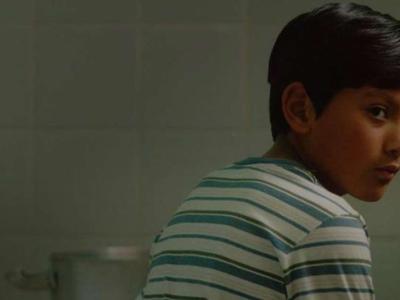I was born in Guinea-Bissau, but brought up in Lisbon, Portugal. I have danced and listened to kizomba all my life as my father and the people around me all listened and danced funana, coladera, kizomba, zouk, kompa and salsa africando. However, I only started teaching kizomba and semba in 2010 when I moved to England. My intention was not to teach kizomba and semba but to promote the African dances.
It was Norma Facey, a well-known and very skilled kizomba teacher in UK who persuaded me to start teaching. She insisted so much because of my background knowledge of kizomba music, history and the dance itself. Once I started teaching kizomba I discovered a true passion for it. I really enjoy transmitting and sharing my knowledge and love for the dance. What has kept me driven was the peoples’ response to my teaching. It encouraged me to keep improving my professional skills and teaching methods.
The people I look up to are Petchu, Norma Facey Antonio Badeira, To Costa and Tina - my other half in life. One of the main obstacles I had to overcome since I started teaching kizomba and semba was to adapt to a different mentality and culture than mine, which also meant explaining my students the need to get to know the basics of kizomba by listening and following the music, instead of learning steps quickly and superficially only to move to the next level.
Trying to explain my students that going to improver’s classes is not synonymous to becoming advanced dancer is a challenging task. Some of my best students, even those who became teachers (like Francis Karemo and Mikumba) are attending beginners classes until today. I believe that this is the recipe to become a very good kizomba dancer or teacher: master the basics and learn how to adjust your steps to the music! Dancing is passion and art that comes right from the heart, requires being creative and spontaneous. It is not about reproducing steps. Like I always say to my students,
The Master is the Music. In addition, making the distinction between kizomba and others dances was also challenging. People have a tendency to compare things or simplify things for their own convenience. Kizomba is not a Latin dance. It is not salsa or tango. It is a dance that originated in Africa with its own culture and identity. Preserving the identity and culture of a dance is extremely important. When a dance becomes a market product the identity and beauty of the dance itself is jeopardised. One of the most difficult tasks was to preserve the history, the culture and to introduce musicality and history lessons in UK.
The obstacles mentioned above I also be consider the breakthroughs. This is because my constant efforts in trying to explain my views and methods through a rigorous teaching technique, musicality and dance history lessons or videos posted on facebook has changed peoples’ mentality of the way they view kizomba today. This is an accomplishment I am proud of even though sometimes I am taken for an arrogant, because my passion for dance makes me say what is on my mind. I would like to keep on improving my dance and my teaching skills and see my two major projects becoming more successful.
These projects include Tabanka in Birmingham, which is a pure African night with mainly kizomba music and not just ghetto zouk or tarraxinha. The other project is the Miami holiday congress, which is aiming at promoting and familiarizing people in the States not only with the dance but also with the culture behind the dance.















